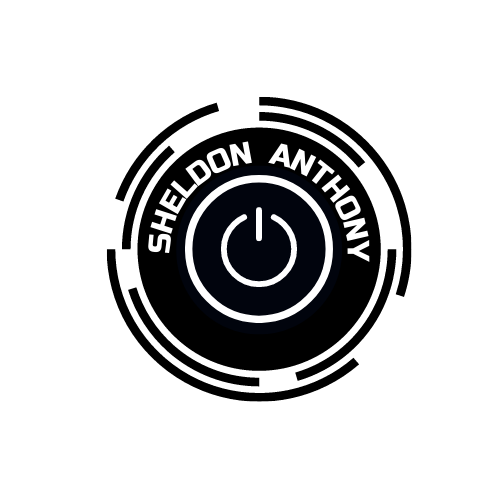
By embracing blockchain technology, the food industry can usher in an era of unparalleled transparency, empowering consumers and fostering trust in a sustainable food system. This is not just about knowing where your food comes from, but about building a future where every bite is a conscious choice. Ever wondered where that juicy tomato on your table came from? Or if that "organic" label is truly legitimate? In today's complex food supply chains, transparency can be murky. According to Gartner, by 2025, 20% of the top 10 global grocers by revenue will be using blockchain for food safety and traceability to create visibility to production, quality, and freshness.[1] Blockchain is emerging as a game-changer in the food supply chain industry, promising to ensure trust and transparency from farm to fork.
The siloed systems across stakeholders create a fragmented data landscape, making supply chain transparency difficult. While implementing blockchain across a global food network presents an infrastructure hurdle, the potential return on investment is undeniable. Imagine – real-time traceability, enhanced consumer trust, and a brand reputation built on verifiable sustainability. However, unlocking these benefits hinges on consumer education. By bridging the knowledge gap, we empower them to become champions of a transparent food system, driving industry-wide adoption.
Pietro Coricelli is among the largest oil companies in Europe and exports to over 110 countries in the world, thus representing one of the most distributed Italian brands globally. Blockchain technology is an added value for ensuring the quality, trust, and transparency of an entire production process. One piece, however, is never enough because multiple actions aiming at one goal must converge simultaneously, each supporting the other. Key among these actions was the training that all departments received to be ready for implementation resulting in a significant upgrade of internal professional skills and a new, distinctly digitized corporate culture. From this fruitful collaboration with IBM and SAS Informatica, Coricelli has learned that anything is possible with commitment, dedication, and a little luck. Bringing technology to the food sector is a great challenge; it means using energy and financial resources and requires a large investment in sustainability. However, this commitment paid off both in terms of brand awareness and credibility and from the interest shown by consumers and the numerous requests to tell the Coricelli experience. It is confirmation that they are on the right track. The key requirements that made the company choose IBM Food Trust were accessibility, security, assurance, and credibility. In fact, IBM blockchain was inserted into the production cycle in just a few months and applied to the best-selling product, the classic Pietro Coricelli extra virgin olive oil, to ensure all our consumers could access the certified reference. They took the next step with the 100% Italian “Signed by Italian Farmers” brand. Some of the results where they produced 4 million kilos of oil traced by blockchain and a revenue share of 54% export sales. [2]
Imagine a digital ledger, accessible to everyone involved, that tracks every step a food item takes on its journey. That's essentially what the blockchain brings to the food supply chain. Each stage, from harvest to processing to distribution, is recorded with tamper-proof timestamps. Consumers can then access this information, often through a QR code on the product, to see the complete journey of their food. In case of a foodborne illness outbreak, authorities can quickly pinpoint the source of contamination, minimizing risk and ensuring faster recalls. Blockchain can authenticate organic, fair-trade, or other certifications, eliminating fraud and misleading labels. Knowing where their food comes from fosters trust and allows consumers to make informed choices based on their values.
For businesses investing in sustainable technology, the ideal future is one where blockchain seamlessly integrates with their operations. Improved traceability minimizes spoilage and waste throughout the supply chain. Consumers can support eco-friendly farmers based on verifiable data. Businesses committed to transparency build stronger relationships with trustful consumers. Market leaders like IBM and Walmart have reduced the time to trace a food item from 7 days to 2.2 seconds using Blockchain.[3] In the grand tapestry of progress, where innovation unfurls its wings, behold the symphony of sustainable technology. Blockchain, the maestro, weaves seamlessly into business operations, orchestrating a harmonious future.





No comments:
Post a Comment